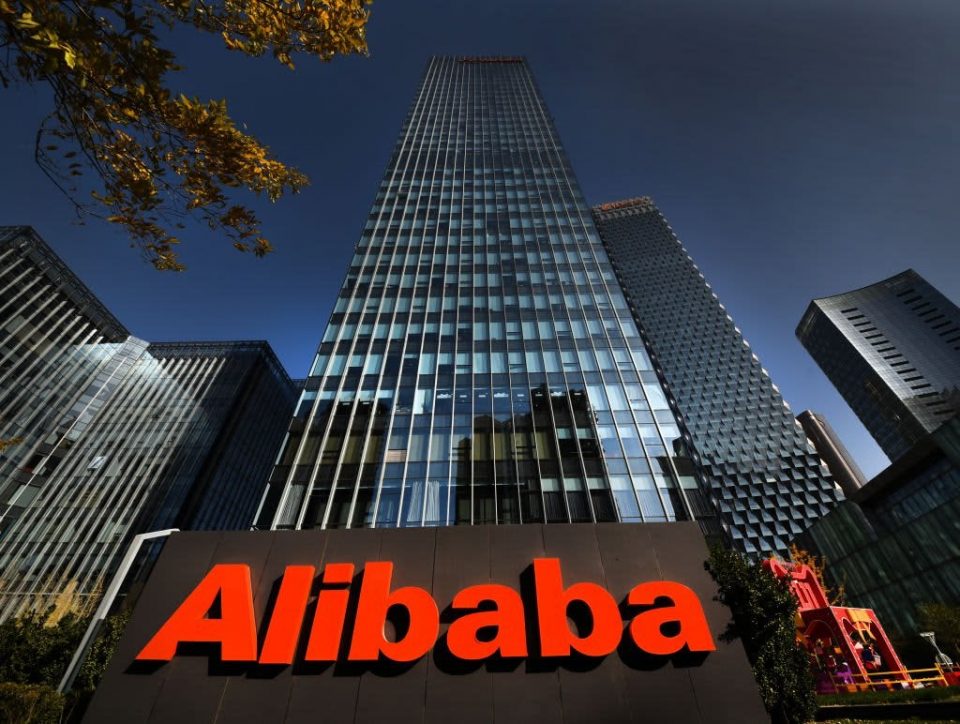Chinese regulators have fined Alibaba Group Holding Ltd $2.75 billion for violating anti-monopoly rules and abusing its dominant market position, marking the highest ever antitrust fine to be imposed in the country. The penalty, equivalent to around 4% of Alibaba’s revenues in 2019, comes amid an unprecedented regulatory crackdown on the home-grown technology conglomerates in the last few months that have weighed on company shares. Alibaba’s billionaire founder Jack Ma’s business empire has been particularly put under intense scrutiny after his stinging criticism of China’s regulatory system in late October.
In late December, China’s State Administration for Market Regulation (SAMR) announced it launched an antitrust probe into the company. That came after authorities halted a planned $37 billion IPO from Ant Group, Alibaba’s internet finance arm. SAMR said on Saturday that after an investigation launched in December, it had determined that Alibaba had been “abusing market dominance” since 2015 by preventing its merchants from using other online e-commerce platforms. It said the practice violates China’s anti-monopoly law by hindering the free circulation of goods and infringing on the business interests of merchants. The SAMR ordered Alibaba to make “thorough rectifications” to strengthen internal compliance and protect consumer rights.
- Nestle India Stocks Gained 3% on Q4FY24 Business and Financial Updates
- Rail Vikas Nigam Shares Gain 3% on Securing Project Worth Rs 239 Crore
- Macrotech Shares Slump 4% on Weak Q4 Report
- RITES Shares Gain 2% on Signing MoU for Rail Infrastructure Projects
- Stocks Under F&O Ban: Aditya Birla Fashion, Hindustan Copper, and Others
The company said in a statement posted on its official Weibo account that it “accepted” the decision and would resolutely implement SAMR’s rulings. It said it would also work to improve corporate compliance. The practice of preventing merchants from listing on rival platforms is a long-standing one. The regulator spelled out in rules issued in February that it was illegal.


 Signals, Powered By EquityPandit
Signals, Powered By EquityPandit

